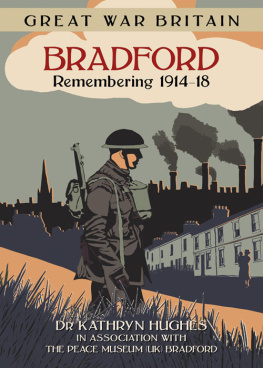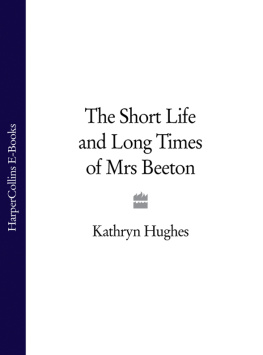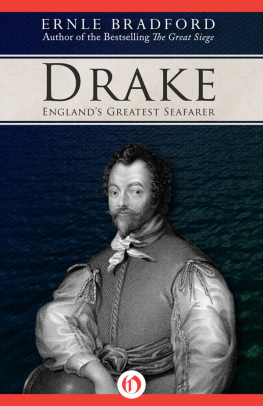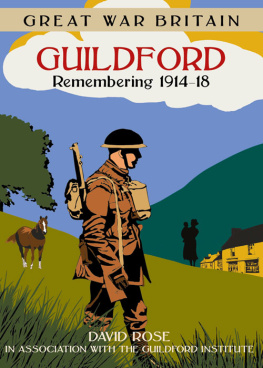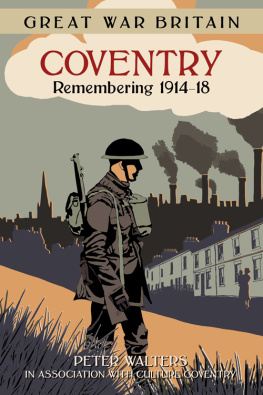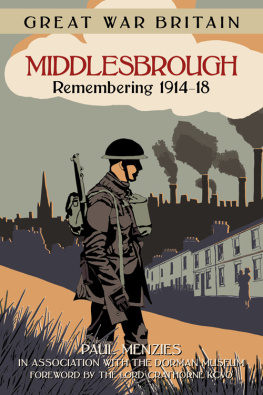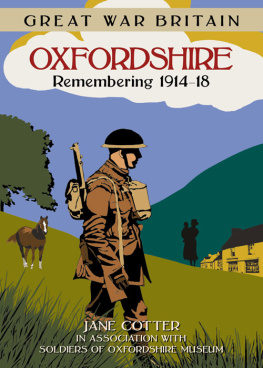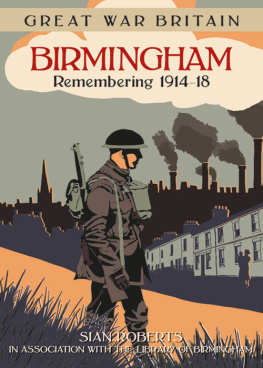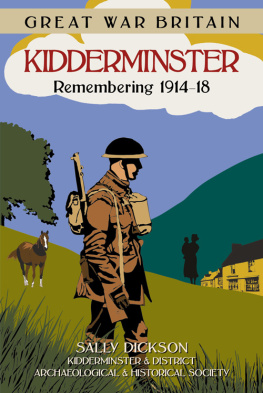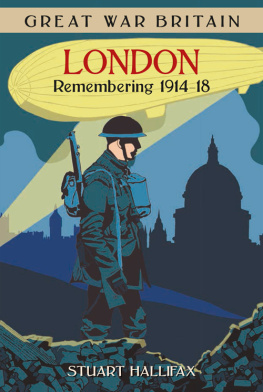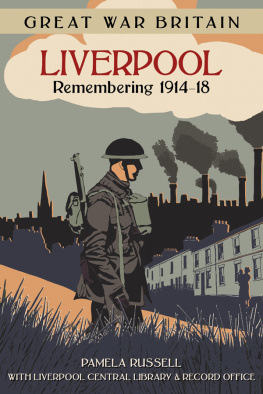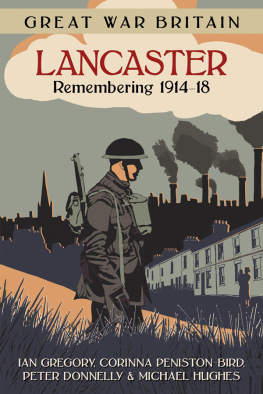
C ONTENTS



The scale and scope of the conflict would have been inconceivable in an earlier age. What we call the first world war reached, in some form or other, to most parts of the globe. It also permeated deep into every corner of British society. This was total war in a way that an imperial nation, used to fighting its wars at arms length, could never have anticipated. Nowhere could escape, however far from the trenches of France and Belgium. Bradford, a proud, successful Yorkshire city with a radical, independent streak, would be caught up in this all-encompassing war and the lives of every citizen would be changed by the conflict forever.
In this comprehensive and thoroughly researched insight into Bradford lives in 191418, Kathryn Hughes takes us into the heart of wartime society. Who were the people who lived and worked in this city? What were their concerns, passions and interests? What was the shape of their lives, their homes, and their work? And how did that change as the young men started to go away? There were spaces in family life, gaps in the workplace temporarily and, too often, permanently. How did the city rally round to the common cause?
Or was it such a common cause? What about those who protested about the war, who did not believe it to be justified, or who wanted negotiations to end it as soon as possible? That nonconformist, independent streak in the city, and the rise of the Independent Labour Party, meant that the war was not without its critics. What about those individuals who courted public disapproval and scandal by refusing to be conscripted into the army, by becoming conscientious objectors? And what about their families, facing public disdain by association?
We are used to hearing of mens stories from the front, but what of the womens stories, still as yet disenfranchised women whose lives were overturned as the certainties of pre-war home life were cast aside in factory and mill and social organising?
And how did they, and everyone else, cope when their young men started to return home, wounded or sick, physically and mentally, shadows of the enthusiasts who had succumbed to the euphoria of the recruiting campaigns? In particular, how did the city handle the trauma when the Battle of the Somme decimated the Bradford Pals Battalion, hundreds of local young men sacrificed in a single day? In a tight-knit community, few were left unscathed by grief and mourning.
This is the society that Kathryn Hughes explores: ordinary citizens caught up in a war far away which transformed their city, their neighbourhoods, and their homes. What choices did they have? What choices did they make? And how were they affected by the decisions of others?
Perhaps this is not only history an exploration of the past; as we consider the choices of our forebears, it may inspire us to think on the choices we make today in our own lives. What do we value most in our family, our society, our nation? All too clearly we see the cost of war; how can we make a difference today and make our choice for peace?
Dr Clive Barrett,
Chair, the Peace Museum, Bradford
2015
This book would not have been written if it were not for the support and encouragement of Sue Caton, Senior Information Manager, Bradford Local Studies Library. The staff and management of West Yorkshire Archive Service have also been invaluable in allowing me access to their records. Thanks are also due to those individuals who have taken the time to proofread copies of the text or provided images for the book. Finally to family and friends whose support has been invaluable from the outset.
Bradford to-day very much resembles a garrison town, for all manner of troops are being mobilised here, and in addition to the hundreds that have already left, we are housing large numbers of His Majestys Troops.
( Bradford Daily Telegraph , 7 August 1914.)
The Build-up to War
Bradfordians were enjoying the summer of 1914. Record numbers had attended the Yorkshire Show which was held in Bradford on 2224 July 1914, the highlight of which was the launch of the Great Yorkshire Show Air Line. It was said to be the first airline service in Great Britain flying between two cities, Bradford and Leeds, to a timetable although this was hampered by the weather on the second and third days of the show.
People were looking forward to the August Bank Holiday weekend and, although the threat of war reduced the exodus of the wealthy to the Continent, neither that nor bad weather prevented holidaymakers pouring out of the city to the seaside on Saturday, 1 August.
The following day, however, railway companies started cancelling excursions and bookings as their trains were requisitioned for military use, and even local day trips were down by 75 per cent.
The speed at which the international situation developed came as a shock to many; every day brought news of a new ultimatum or sensation. Visible signs of the war came, as first foreign and then home reservists started to depart the city in the midst of returning holidaymakers.
The first of the Bradford reservists left the city on 3 August. The following day, the last of the foreign reservists left Bradford from the Exchange Station, including a party of fifty German conscripts (many of whom were well-known Bradford tradesmen) who bade tearful goodbyes to their wives and children. The French consul in Bradford, Mr Claude Lievre, who had lived in the city for nineteen years, was kept busy getting his compatriots away before himself leaving to join his battalion in France.

The Yorkshire Show came to Bradford, 2224 July 1914. (West Yorkshire Archive Service)
Food prices also started to soar as those who could afford to do so were preparing for the worst-case scenario by bulk buying and hoarding supplies. This caused a run at the Bradford grocers who found it virtually impossible to supply the abnormal orders. The Lord Mayor of Bradford sent out an appeal for calm, quoting a report from the Minister of Agriculture stating that there were ample supplies in the country and that there was no need to pay panic prices. He pointed out that bulk buying by those who could afford it was having a detrimental effect on the poorest in the city who could not afford to pay the inflated prices; they had little chance to save money in normal times, and in most cases had no out-of-work pay to fall back on.
4 August 1914 - War Declared
The declaration of war sent shockwaves over the city; a mix of excitement at the scenes being witnessed in the city, concern for loved ones already engaged in the military and uncertainty about the financial situation and jobs at home.

Declaration of War carved into a stone on the moor above Wilsden. (Peter Hughes)
The government had passed a bill to extend the bank holiday for a further three days to prevent a run on the banks. The plan was that general industry would not be stopped. However, concern over access to capital; orders and deliveries cancelled; doubt as to whether wages could be paid; the hoarding of gold; withholding of payments; disruption to supplies from overseas; foreign debt, and the collapse of the export market caused great difficulties to many industries.
Next page
